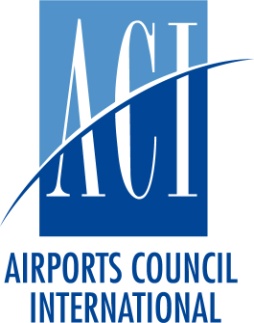 | Airports Council International (ACI) is the only global trade representative of the world's airports, some 573 members operating over 1,643 airports in 178 countries and territories. Established in 1991, ACI represents airports interests with Governments and international organisations such as ICAO, develops standards, policies and recommended practices for airports and provides information and training opportunities to raise standards around the world. ACI World Headquarters - Switzerland Tel: +41.22 717 8585 Fax: +41.22 717 8888 E-mail: aci@aci.aeroWebsite: http://www.aci.aero |
|
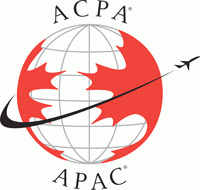 | The Air Canada Pilots Association (ACPA) is the largest professional pilot group in Canada, representing the more than 3,000 pilots who fly Air Canada’s fleet. Air Canada pilots recognize that our first and greatest responsibility is the safety and well-being of the passengers entrusted in our care. Air Canada pilots have been instrumental in bringing about many aviation safety improvements in Canada. ACPA Headquarters – Mississauga, ON, Canada Tel: + 1 905 678 9008 Fax: +1 905 678 9016 Website: www.acpa.ca |
|
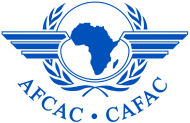 | African Civil Aviation Commission (AFCAC) was established at Addis Ababa in 1964, by AU, ICAO and UNECA as a regional Commission, with reference to Article 55 of the Chicago Convention. The AFCAC began its work in 1969, and in 1978 it became the AU specialized agency for civil aviation matters. AFCAC membership is open to all African States. The Commission's objectives are: to coordinate matters of civil aviation in Africa, to facilitate the African continent integration, to promote the development of the civil aviation industry, to foster compliance with ICAO standards and recommended practices (SARPs) for the safety security and regularity of air transport and to examine any specific problems which may hinder the development and operation of the African Civil Aviation industry. Since July 2007, AFCAC has also been entrusted with the attributions and the functions of the Executing Agency of the Yamoussoukro Decision on the liberalization of Air Transport in Africa, in charge of Economic Regulation (Competition rules, Dispute Settlement, and Consumer Protection) AFCAC HQ Tel: +221 33 839 93 73 Fax: +221 33 823 26 61 |
|
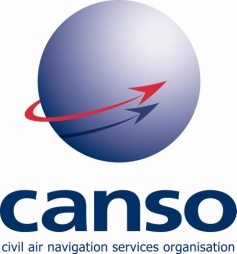 | CANSO - The Civil Air Navigation Services Organisation – is the global voice of the companies that provide air traffic control, and represents the interests of Air Navigation Service Providers worldwide. CANSO members are responsible for supporting over 80% of world air traffic, control around 70% of world airspace and through our work groups, members share information and develop new policies, with the ultimate aim of improving air navigation services on the ground and in the air. CANSO also represents its members' views in major regulatory and industry forums, including at ICAO, where it has official Observer status. CANSO HQ - The Netherlands |
|
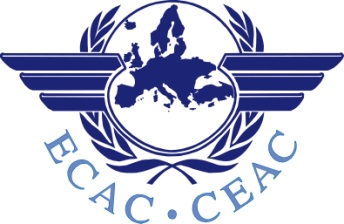 | The European Civil Aviation Conference (ECAC) is an inter-governmental organisation of 44 Member States, established in 1955 to promote the continued development of a safe, efficient and sustainable European air transport system. Headquartered in Paris, ECAC seeks to harmonise civil aviation policies and practices amongst its Member States, and to promote understanding on policy matters between its Member States and other parts of the world. ECAC works in close liaison with ICAO, the Council of Europe, EUROCONTROL and the institutions of the European Union, as well as with a wide circle of organisations representing all parts of the air transport industry.
ECAC HQ
|
|
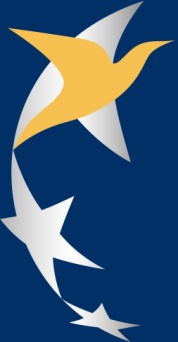 | The European Aviation Safety Agency (EASA) is the centrepiece of the EU’s strategy for aviation safety. EASA promotes the highest common standards of safety and environmental protection in civil aviation in Europe and worldwide. The main tasks of the Agency currently include: expert advice to the EU for drafting new legislation; implementing and monitoring safety rules, including inspections in the Member States; type-certification of aircraft and components, as well as the approval of organisations involved in the design, manufacture and maintenance of aeronautical products; coordination of the EC programme SAFA regarding the safety of foreign aircraft using EU airports; data collection, analysis and research to improve aviation safety. The Agency is based in Cologne and employs some 500 professionals from across Europe. European Aviation Safety Agency (EASA) - Cologne, Germany |
|
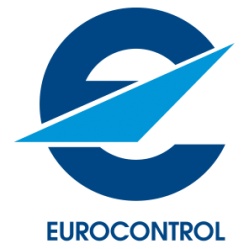 | EUROCONTROL, the European Organisation for the Safety of Air Navigation, is an intergovernmental organisation made up of 38 Member States and the European Community and has as its primary objective the development of a seamless, pan-European air traffic management (ATM) system.
Originally founded in 1960 as a civil-military Organisation to deal with air traffic control for civil and military users in the upper airspace of its six founding European Member States (Belgium, Germany, France, Luxembourg, the Netherlands and the United Kingdom), EUROCONTROL has developed into a vital European repository of ATM excellence, both leading and supporting ATM improvements across Europe.
Today, together with its partners, EUROCONTROL is committed to building a Single European Sky that will deliver the ATM performance required for the twenty-first century and beyond.
EUROCONTROL HQ - Brussels, Belgium
|
|
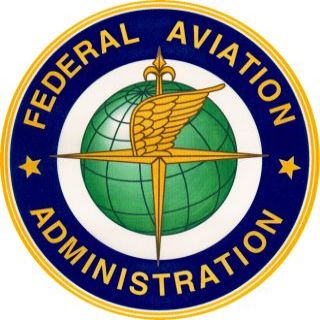 | The Federal Aviation Administration (FAA) is a federal government agency responsible for the safety of civil aviation. Its major roles include the following: regulating civil aviation to promote safety; encouraging and developing civil aeronautics, including new aviation technology; developing and operating a system of air traffic control and navigation for both civil and military aircraft; researching and developing the National Airspace System and civil aeronautics; developing and carrying out programs to control aircraft noise and other environmental effects of civil aviation; and regulating U.S. commercial space transportation.
Federal Aviation Administration (FAA) – Washington, DC
|
|
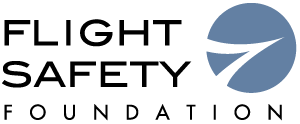 | The Flight Safety Foundation was formed in 1947 to pursue the continuous improvement of global aviation safety. The Foundation meets this objective through research, auditing, education, advocacy and publishing. As an independent, impartial and non-profit international membership organization, the Foundation is in a unique position to identify global safety issues, set priorities and serve as a catalyst to address the issues. The Foundation’s effectiveness in bridging cultural and political differences in the common cause of safety has earned worldwide respect. Today, membership includes more than 1,200 organizations and individuals in 150 countries. The Foundation is based in Alexandria, Virginia, U.S., has a regional office in Melbourne, Australia, and is affiliated with associate organizations in Japan, Russia, Southeast Europe, Taiwan, China and West Africa.
Flight Safety Foundation
|
|
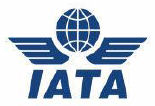 | The International Air Transport Association (IATA) is its global trade organisation. Over 60 years, IATA has developed the commercial standards that built a global industry. Today, IATA's mission is to represent, lead and serve the airline industry. Its members comprise some 230 airlines – the world's leading passenger and cargo airlines among them – representing 93 percent of scheduled international air traffic. IATA HQ - Montreal, Canada Tel: +1 514 874 0202 Fax: +1 514 874 9632 Website: www.iata.org |
|
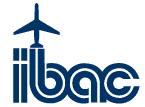 | The International Business Aviation Council (IBAC) is a Council of business aviation associations from around the world. Governance is established through the IBAC Governing Board, with representation from each of the Member Associations. The Board meets twice per year to establish business aviation policies and priority activities for the industry. Ongoing activity of the Council is managed by an IBAC Secretariat consisting of the Director General, assisted by a staff of experienced specialty managers responsible for ICAO Liaison, Safety Standards, Regulatory Affairs and Office Management. International Business Aviation Council (IBAC) -Montreal, Canada |
|
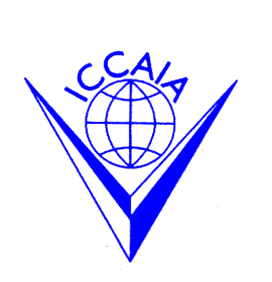 | The International Coordinating Council of Aerospace Industries Associations (ICCAIA) was established in 1972 to provide the civil aircraft industry observer status as a means to be represented in the deliberations of the International Civil Aviation Organization (ICAO). Today ICCAIA provides an avenue for the world’s aircraft manufacturers to offer their industry expertise to the development of the international standards and regulations necessary for the safety and security of air transport. ICCAIA
Brussels, Belgium Tel: +32 2 775 81 35 Fax: +32 2 775 81 12 |
|
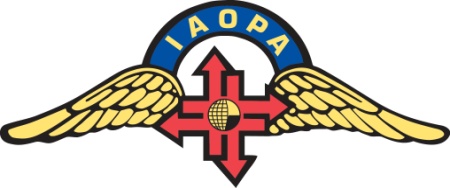
| The International Council of Aircraft Owner and Pilot Associations (IAOPA) is a non-profit federation of 66 autonomous, non-governmental, national general aviation organizations. IAOPA has represented international general aviation for more than 35 years.
International Council of Aircraft Owner and Pilot Associations (IAOPA) – USA
|
|
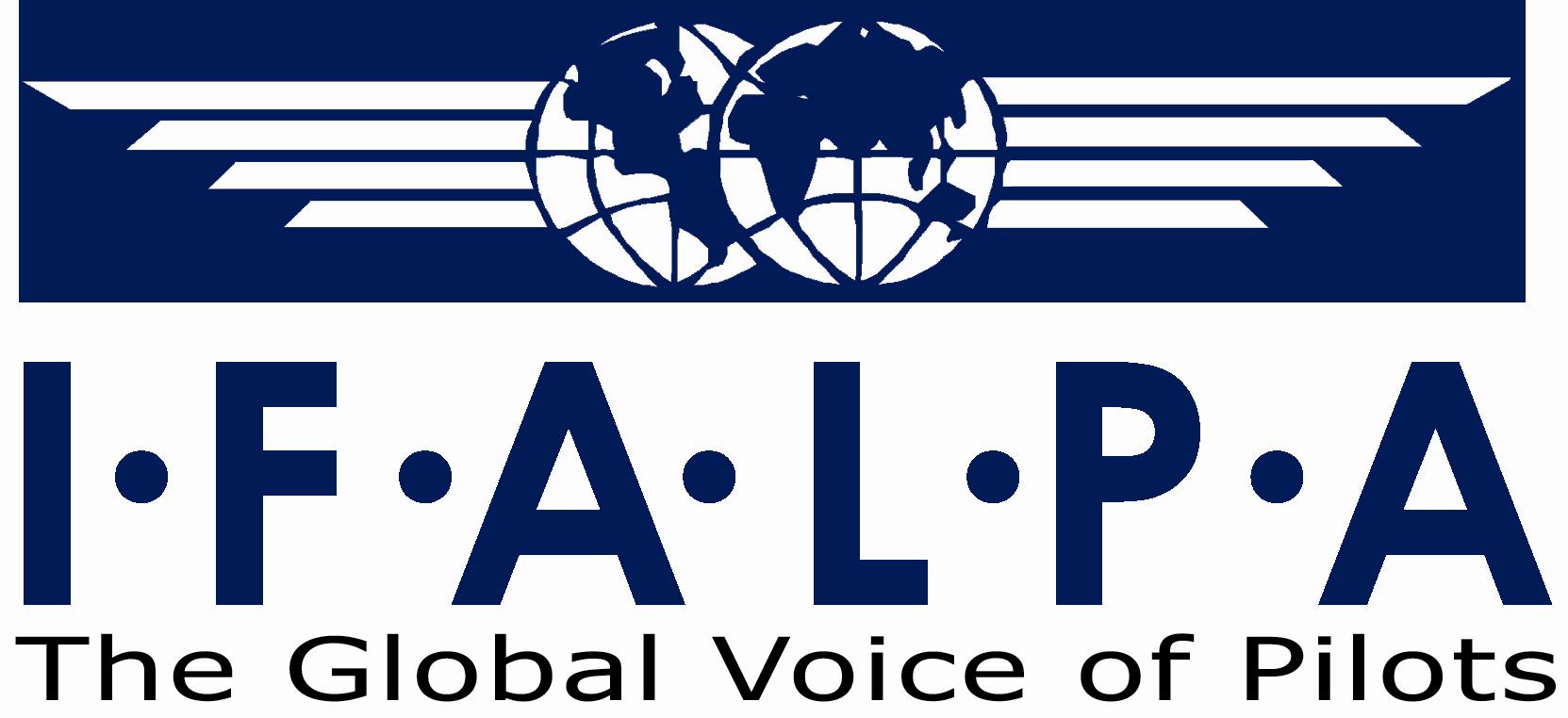 | The International Federation of Air Line Pilots' Associations (IFALPA) represents in excess of 120,000 pilots in more than 100 countries world-wide. The mission of IFALPA is to be the global voice of airline pilots, promoting the highest level of aviation safety and security world-wide and providing services, support and representation to all of its Member Associations.
IFALPA HQ – UK
|
|
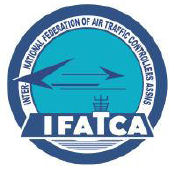 | International Federation of Air Traffic Controllers' Associations (IFATCA) is the worldwide organisation representing more than fifty thousand air traffic controllers in 130 countries. The Federation promote safety, efficiency, and regularity in international air navigation. It comprises Member Associations that are divided into four regions – Africa & Middle East, Americas, Asia & Pacific and Europe. IFATCA enjoys a worldwide reputation amongst all partners in Air Traffic Management with representation in many areas including ICAO and EUROCONTROL working groups. IFATCA - Montreal, Canada |
|
